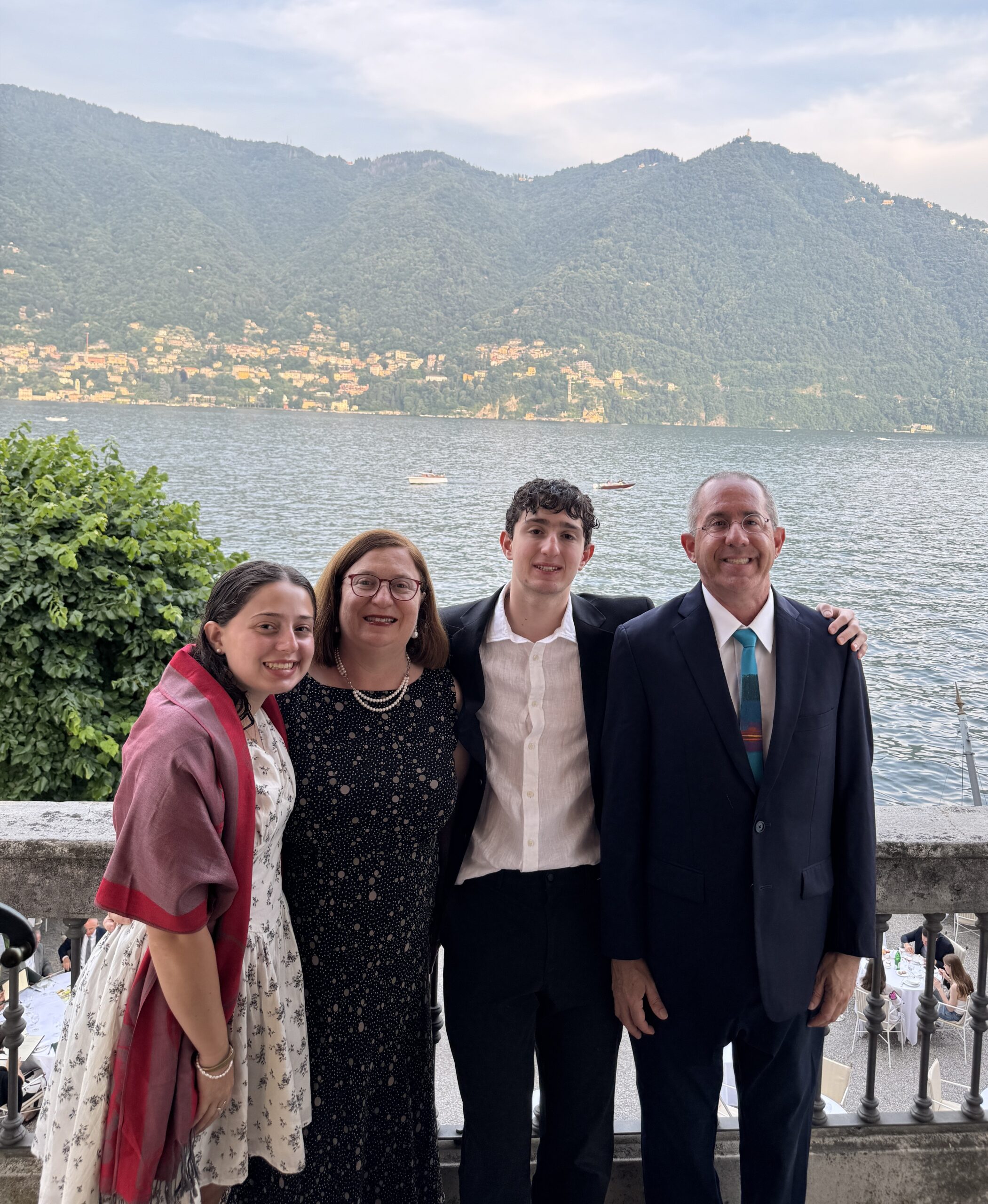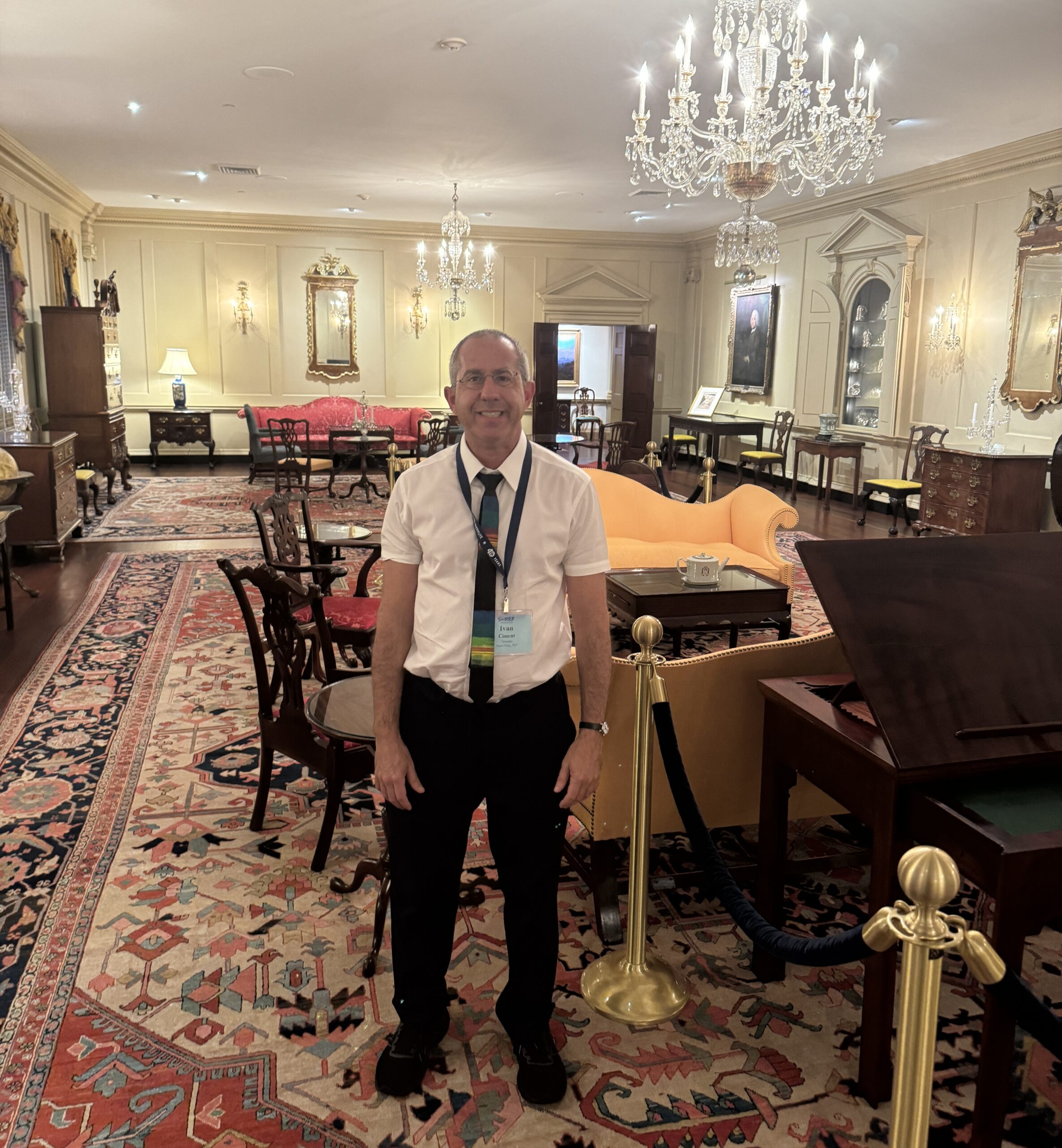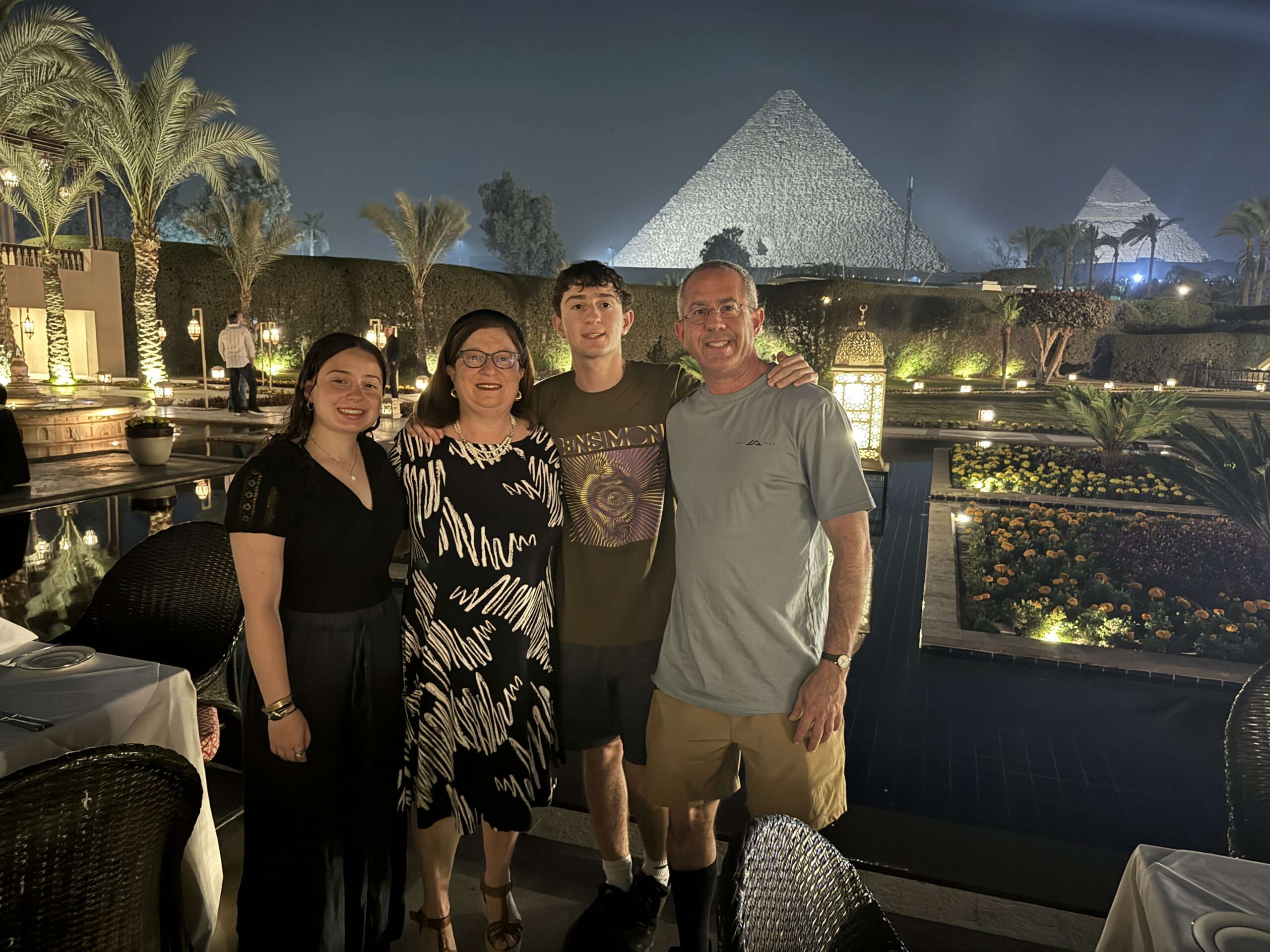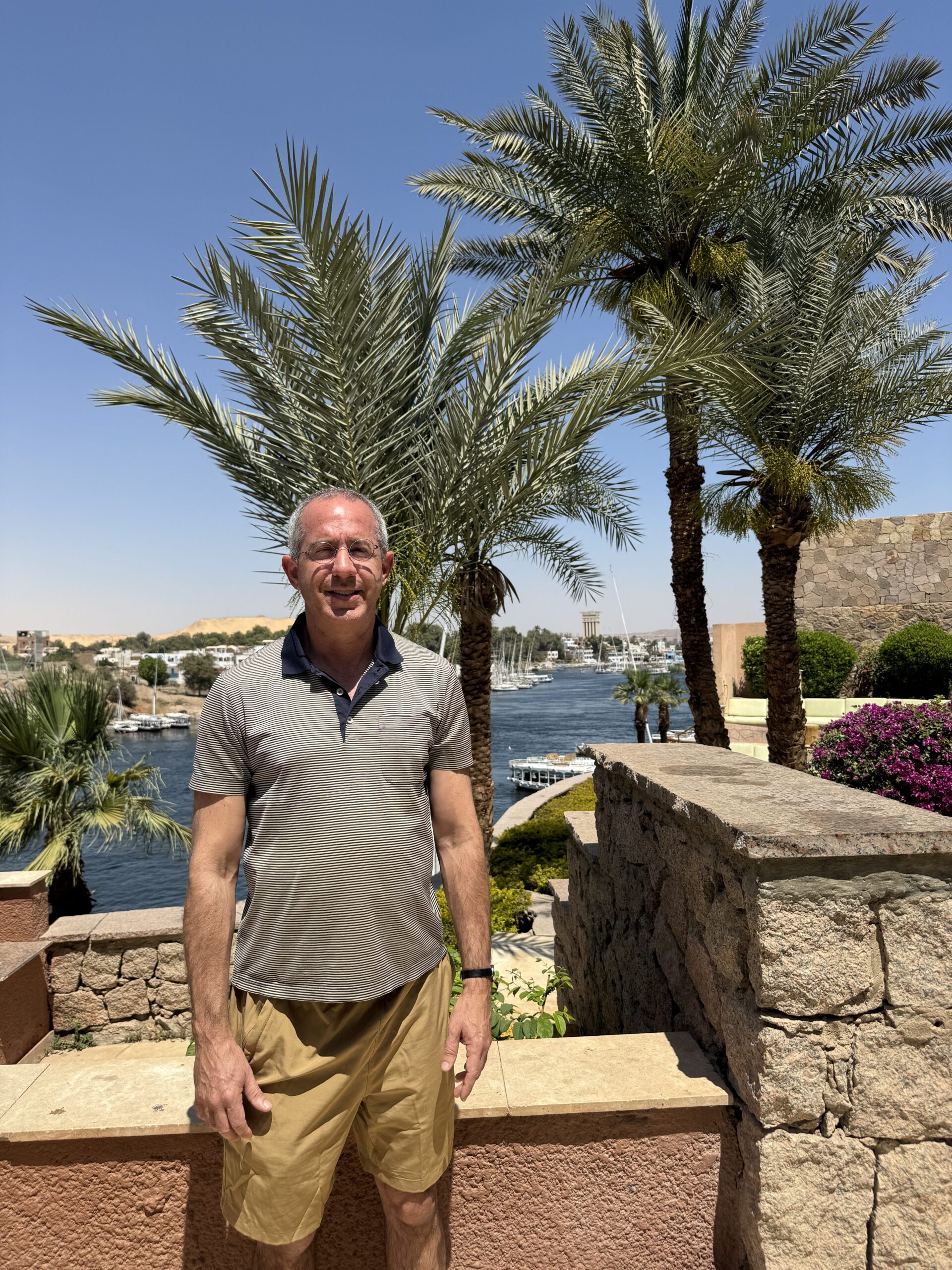There appears to be a growing retro-trend in the world that the rule of countries is best kept within families. Besides Bush, note Syria’s Assad; Jordan’s Hussein; Egypt’s Mubarak; Morocco’s Hassan; Libya’s Khaddafi (to his daughter); Congo; Iraq; North Korea; Cuba (Fidel’s brother is next in line). True enough, most of these countries are in the Middle East but, except for Jordan and Morocco, they are not monarchies and the funny thing is that Abdullah of Jordan is probably the most qualified of the lot.
In South Carolina, Senator Strom Thurmond’s son who is 28 is about to be nominated attorney general of that state. Save for his family name, there is no reason this appointment would occur.
Egypt has approximately 60 million people, most of whom are dirt poor. But you’d like to think that out of that population there might be somebody besides Hosni Mubarak’s son who could run the place. Hosni himself has been more a post-Sadat caretaker than leader of Egypt into the 21st century.
What appears intriguing is not so much the fact that this is occurring but the lack of resistance. People seem to be reconciled to the idea that the political rule of a country is some sort of franchise that might best be hereditary and that opening up the process of succession might not necessarily draw better candidates to fill the post. Family dynasties are nothing new – people running for judgeships have been known to change their last names to Kennedy because it is a guaranteed vote-getter. Notice also in the corporate world several public companies that have also lately transferred top positions to progeny. In an ever-competitive marketplace, this goes against the grain.
I personally find it hard to believe that so many Americans both on the street level and in national political leadership were willing to give George W. Bush the nod over dozens of more experienced people. I mean is he really the best America with 280 million people has to offer? Even China, a country that puts families first, keeps the top posts open for those who make the cut. You don’t tend to see family dynasties filling the same seats at the top of China’s national government (although they are more prevalent on the local level).
This particular phenomenon is also interesting at a time when the people of the world seem to be wanting more democracy and individual rights, even in countries that don’t yet have full participatory democracy. Recent popular and bloodless overthrows of government in the Philippines and Serbia are inspiring reminders that “little people” can and do change their worlds. Yet it is a world more at peace than ever and there may be a desire not to rock the boat. Keeping regimes stable with families people know and trust might be a factor at play. Syrians I spoke to in Syria agreed that Bashar Assad makes as much sense as George Bush to be president except that he is the safest choice among the elite if the supreme goal of Syria is to maintain its balance. Whether or not he’d win an election is another matter; after visiting the country I would put the odds at 50/50; he is nobody’s favorite but no one has ever thought of an alternative and the risks of the unknown in a country that could easily break apart due to internal conflicts might not be worth it. Same deal with Iraq which is why the West will bless Qusai as Saddam’s successor.
This trend requires one to think about the relative strengths of political systems. Countries that are the most “open” are not necessarily the best run. The fact that a fifth of Israeli voters are stating they will vote with blank ballots is testimony to a direct election that offers no real choice in a country with 3 opinions for every 2 people. Perhaps it doesn’t matter that Bush was the consensus front man to a clique best prepared to assume power; after all, Bush hit the ground running even after a 6 week post-election hiatus and his administration is in better shape this inauguration day than Clinton’s was 8 years ago. Also consider the issue from the standpoint of an adversary: we want our adversaries to be predictable and neutered to the extent possible. The West and Arabia would prefer more of Saddam’s regime than an opening of Iraq which would probably lead to Shiite rule and Iranian hegemony over the Gulf.
This father-son thing is something I know about. Pardon my arrogance for a paragraph but I am making a point. My father served as mayor of a city and I’d like to think I’d have an advantage if I chose to run for the same office. People around town have had years to get to know me favorably and figure what they could expect, and there is a presumption that I’d know what I was doing, where to raise money, how to run a campaign and what kind of mistakes to avoid. In my own mind, I certainly think I’m better than what else has been out there during the 18 years since he left office. (I do realize that 90% of voters wouldn’t recognize my family name after all this time, but I’m talking about the power brokers, not the voters.)
So why shouldn’t other elites around the world feel the same way? What difference is there between a city and a country? Everything else in between (except for governorships of states) is legislative (as opposed to executive) and thus boring because instead of running something you just sit in a debating club.
The danger in all this is that such franchises include multiple opportunities for corruption. Making them hereditary increases the likelihood of this until such time that only revolution can rid a country of it. Pakistan is one such example; Benazir Bhutto took over a nice franchise but was ultimately tossed out because the country could no longer stomach her corruption. It took several changes of power including a coup d’etat to reach the present-day situation which is far from ideal. The short-term stability that people see might only be sowing the seeds of long-term instability and family franchises are sometimes best preserved by keeping the appearance of non-nepotism alive. In Indonesia, the son saw the wring on the wall and got out while he could and did his family’s franchise a bit of a favor with the arms-length but weak Wahid in control. In Russia, Putin has a different last name than Yeltsin but ultimately is a front for the franchise and oligarchs who own it. In China, the authorities are careful to preserve ultimate stability by executing terribly corrupt children and holding them up as examples before scandal infects top leadership.
It remains to be seen whether or not the world is moving in the right direction by tolerating and acquiescing to the hereditary transfer of political power. It may ultimately be that this is a sign that nothing is really changing in a world we thought was becoming more open, and that this trend simply represents a growing realization of that fact. Why continue to pretend otherwise? Watch Congo this month and see if the public accepts him as leader. Joseph Kabila, 31, has no power base or experience. But his country is teetering. He shouldn’t last; if he does, it tells us something.





